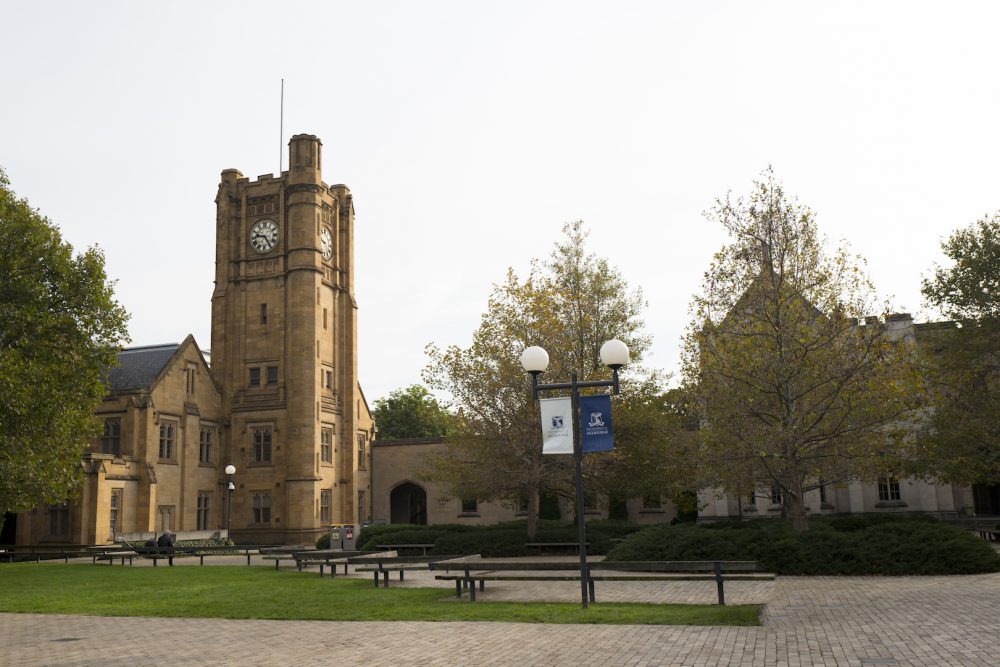2017 Federal Budget: What higher ed students need to know
The 2017 Federal Budget brought with it a renewed push to hike up university fees. So how does this impact enrolment, study, and re-payment?
Nick Tarrant, IBISWorld Senior Industry Analyst spoke to Meld Magazine to break down the changes making their way to students in Australia. The proposed policies surrounding university fees involves three key shifts.
- A $2.8 billion reduction in funds in the Commonwealth Grants Scheme in 2018/2019 which will make the cost of a Bachelors degree more expensive for domestic students
- A reduction in the repayment threshold for domestic students from $55,000 to $42,000.
- New Zealand students and permanent residents will not be able to access Commonwealth support and will have to pay full fees. Students within this bracket will still be able to take concessional help loans to offset the cost of higher education fees.
It is forecasted that the Government will save $181.2 million over the forward estimates by limiting eligibility for VET student loans to certain courses.
As Mr Tarrant explained, one of the defining changes evident within the Budget, but also across the past five years, is a decreasing dependency on Government to sustain revenue streams in universities.
“Particularly when we look at larger universities, many have diversified their revenue streams and relied more on other sources of funding such as international student enrolment,” he said.
In 2010, international students contributed $3.9 billion in revenue to the higher education sector which represented about 17.5 per cent of total funding. The latest available data in 2015 showed that contribution increasing to $5.3 billion or 18.7 per cent of total revenue. As Nick explained, this trend is likely to become more omnipresent in the coming years.
“Because it will be more expensive for domestic students to enrol, it’s likely that that universities will increasingly place their focus on other sources of revenue, inclusive of International Students, to fund future investments and ongoing operations,” he said.
For international students, the Budget doesn’t significantly impact the quality or cost of their education but does raise questions regarding the function of higher education institutions. University enrolment is driven by a myriad of factors including the prestige of an institution, financial costs, geographic location, and a rapidly changing job market. These will no doubt continue to be chief concerns for universities hoping to attract international students.
And while this Budget will likely lead to an increased push to incentivise international students to attend Australian universities, the tangible impacts of this Budget remain to be seen.
